
The Crazy Cats, a Japanese musical-comedy group, were showcased a series of comic adventures throughout the 1960s. Las Vegas Free-For-All, one of their most popular movies, featured scenes filmed on location in Las Vegas, Los Angeles, and Hawaii. Appearing with the seven Cats were the lovely Mie Hama and such Japanese musical artists as The Peanuts, The Johnnys, The Drifters, and Jackie Yoshikawa & the Blue Comets.
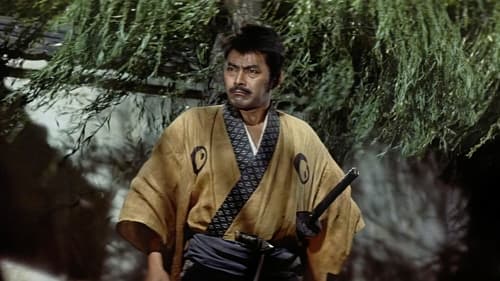
The story tells of a group of samurai who were left leaderless (becoming ronin) after their daimyo (feudal lord) was forced to commit seppuku (ritual suicide) for assaulting a court official named Kira Yoshinaka, whose title was Kōzuke no suke. The ronin avenged their master's honor after patiently waiting and planning for over a year to kill Kira. In turn, the ronin were themselves forced to commit seppuku for committing the crime of murder.
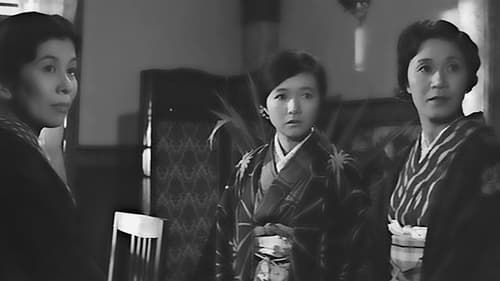
Considered one of the finest late Naruses and a model of film biography, A Wanderer’s Notebook features remarkable performances by Hideko Takamine – Phillip Lopate calls it “probably her greatest performance” – and Kinuyo Tanaka as mother and daughter living from hand to mouth in Twenties Tokyo. Based on the life and career of Fumiko Hayashi, the novelist whose work Naruse adapted to the screen several times, A Wanderer’s Notebook traces her bitter struggle for literary recognition in the first half of the twentieth century – her affairs with feckless men, the jobs she took to survive (peddler, waitress, bar maid), and her arduous, often humiliating attempts to get published in a male-dominated culture.

Toho comedy shot in Tohoscope featuring performances from the Peanuts and the Crazy Cats. Original released alongside another Toho comedy, King Kong vs. Godzilla.

Call Girl Kyoko
Japanese neo-noir crime drama movie directed by Jun Fukuda

A woman and her daughter are in love with the same man, a chef at the restaurant that the mother manages. He is slightly crippled from frostbite in his years in Siberian labor camps and considers himself "already dead."

Keiko, whom everyone calls Mama, narrates her story: she's a hostess on the Ginza, 30, a widow. She describes life's vicious cycle: acting cheerful around drunks, dressing and living well to convey confidence, needing money for these expenses and for her demanding mother and brother, and knowing she's growing older. She's of an age when she must choose: to seek marriage (difficult given her tarnished occupation), to be a kept woman, or to borrow money to buy a bar of her own. Each route has dangers, including investors demanding a return on their loans. Keiko has a quiet dignity that attracts men, but are they what they seem? Does she actually have choices?

7th film in the President series and the first entry in color.

Hajino
Historical drama about a sleepy-eyed ronin.
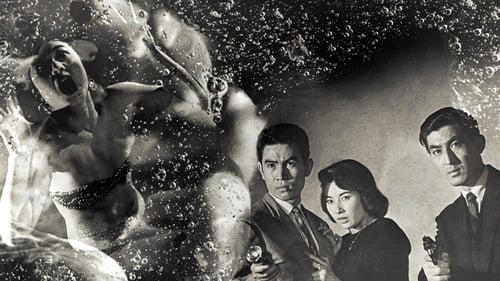
Hanae
Nuclear tests create a radioactive man who can turn people into slime.

Makiko
Aiko, a bar hostess, falls for the son of a company president who also keeps a mistress, and whose family disapproves of his relationship with the bar hostess.

An Ishiro Honda film.

An Ishiro Honda film.

Historical drama about a sleep-eyed ronin

Historical drama about a sleepy-eyed ronin.

Yoshiko Hosokawa (Chisako's elder sister)

The third instalment in the Shacho Series.

The 40th and final "Tengu Kurama" feature starring Kanjuro Arashi.

Kiyoko (Takamine Hideko) and her husband want to open a coffee shop. She becomes increasingly close to the bank clerk (Mifune Toshiro) she's asked for a loan.

Period romantic drama.
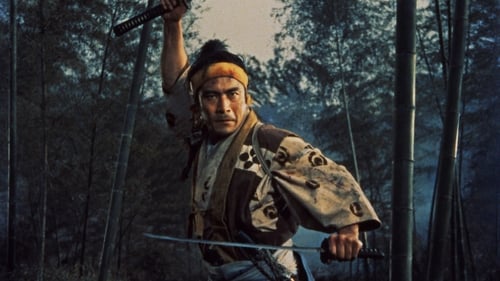
Kogure
After years on the road establishing his reputation as Japan's greatest fencer, Takezo returns to Kyoto. Otsu waits for him, yet he has come not for her but to challenge the leader of the region's finest school of fencing. To prove his valor and skill, he walks deliberately into ambushes set up by the school's followers. While Otsu waits, Akemi also seeks him, expressing her desires directly. Meanwhile, Takezo is observed by Sasaki Kojiro, a brilliant young fighter, confident he can dethrone Takezo. After leaving Kyoto in triumph, Takezo declares his love for Otsu, but in a way that dishonors her and shames him. Once again, he leaves alone.

Tamie Matsuo
A narcotics investigator for the harbor police, Eiichi Tsuda, is driven by thoughts of vengeance for the overdose death of his brother and the subsequent decline and death of their mother. Tsuda acts viciously and with disdain for legal niceties in his exploration of the criminal facts behind the explosion of a freighter in the harbor. He goes undercover with a band of drug smugglers, but his methods threaten to destroy him as well as his case.

A legendary gangster raises himself out of a small town and gathers followers on his rise to power.
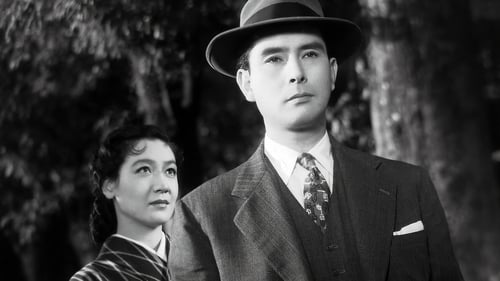
An ingratiating bride develops warm ties to her father-in-law while her cold husband blithely slights her for another woman.

Every year, at the festival, familiar merchants such as Toraemon, a magic trick, Tokubei, a blowgun, Kaji, acrobatics, and Unsaibo, a ritual, gather toward the port town.

Shiro Yabe, a young gangster who boarded the second class on the Tokaido Line after finishing a dangerous smuggling transaction in Kobe, is next to a beautiful woman with a sad face.











